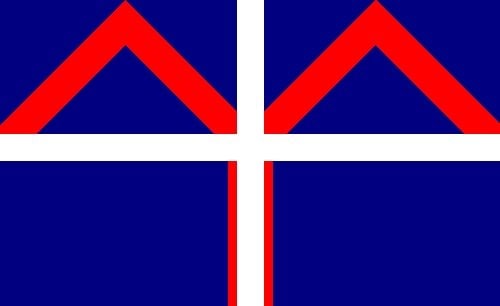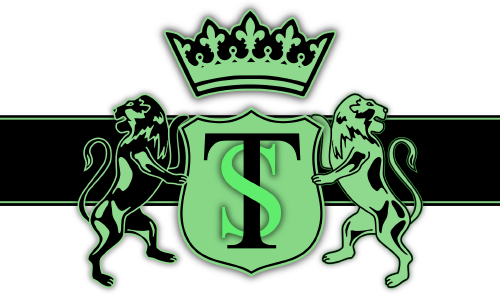We and our government work for the liberty, prosperity, and security of our people
The Grand Duchy of Yanceysylvania operates under a two class system:
The first class are the citizens; who must continuously serve the state in one of the branches of armed forces or The Civil Services Corp, and receive many benefits in exchange. These include government provided healthcare, education, lodging, meals, and basic amenities; as well as the privilege and obligation of full participation in legislation. Citizens who serve in the armed forces also have the privilege and obligation to carry arms, but ammunition is a controlled item. Citizens always retain a right to self defense. Citizens are obligated to serve and protect their fellow citizens and subjects' lives and property in any emergency situation they encounter. Qualifying service typically involves a two year period of full time service, followed by ongoing reserve status with regular training for the armed forces, and at least part time government employment for civil servants. Citizenship can be secured for life after reaching retirement conditions from a citizens branch of service, but service beyond these requirements is encouraged and rewarded.
The second class are the subjects who are not beholden to any service to the state but are subject to its laws. Anyone living in The Grand Duchy who is not a citizen or registered foreign agent is a subject; be they foreign national, native born, or stateless. Subjects must be registered as residents with their local governments in order to vote. Any subject, regardless of origin or ability, can become a citizen by pledging themselves to service to the state and meeting the obligations of their chosen branch. The nation's youth are entitled to a state sponsored education, and will be provided basic needs on a humanitarian basis with no obligation to citizenship upon reaching adulthood. Adult subjects are mostly "on their own", as they can elect for government service to receive benefits if they desire. Subjects do not have the right to bear arms, but hunting permits can be acquired with strict ammunition controls.
The governance of the Grand Duchy consists of four levels ascending from local, township, county, and finally federal. Jurisdictional boundaries are determined with a periodic system based on self-determination, population distribution, and terrain. The Grand Duke acts as a head of state and as commander in chief, and has the authority to dissolve any body of government and call for elections to replace it. There are also counts for each county that serve the same role at those jurisdictions, and whom serve at the Grand Duke's discretion. Noble appointments are typically associated with exceptional merit and the highest awards of a service branch, or a superior tenure in an office of government, and are not hereditary.
All levels of government consist of bicameral legislatures; an upper house (senate) which is representative of only the citizenry, and a lower house that represents all citizens and subjects. Most legislation for a jurisdiction needs a majority approval from both houses, but matters concerning defense are solely the dominion of senates. The local government jurisdictions function as direct democracies that meet monthly to decide local matters, and to provide training and information. Citizen participation in these meetings is mandatory, and typically coincide with reserve training periods.
Each level of government's senate elects from itself a leader and vice leader for its jurisdiction. Both represent that jurisdiction's citizens to the next level of government's senate. The leader appoints various ministers to serve at his discretion subject to upper house confirmation, and acts as the jurisdiction's authority in crises. A vice leader serves as an executive officer and successor to the leader. Lower houses elect a proportionally determined number of representatives to the next level of government's lower house. All elected officials can only serve one contiguous term in a particular office. Appointed officials have no term limits.
The national level leader and vice leader (President and Prime Minister of The Senate of The Grand Duchy) act as the head of the government on behalf of, and at the discretion of the Grand Duke. A jurisdiction's judges are nominated by that area's legal bar, appointed by the jurisdiction's leader, and confirmed by both legislative houses. Members of The Supreme Court of The Grand Duchy follow the same procedure, but must also be confirmed by The Grand Duke.

















